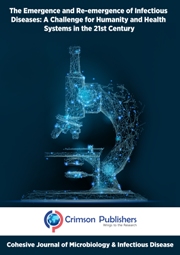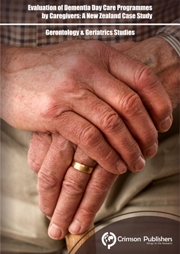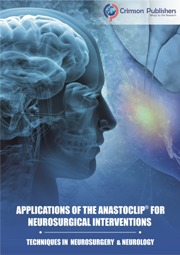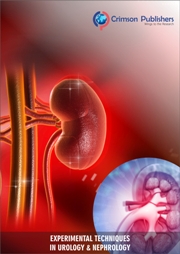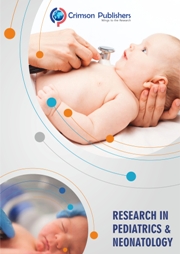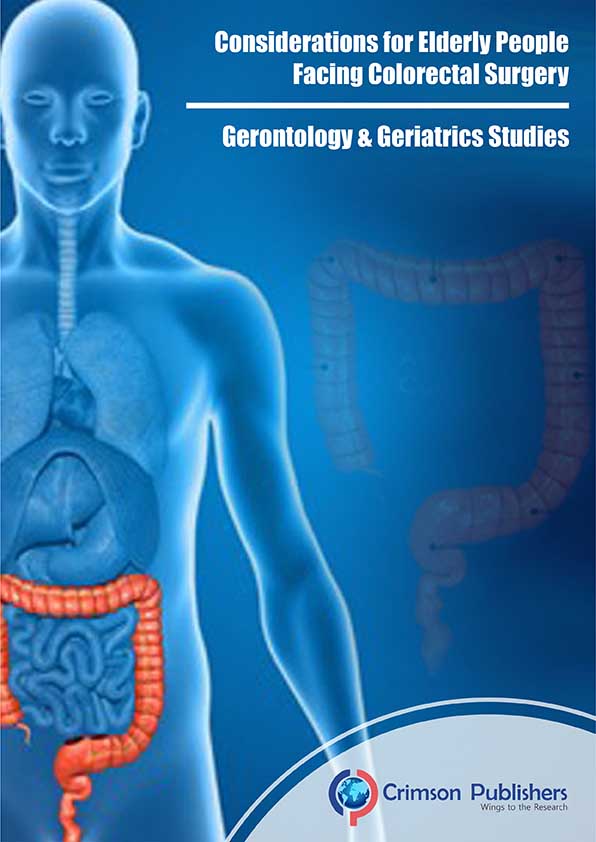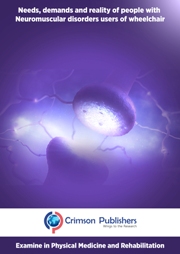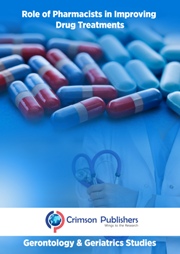- Submissions
Evaluating the Quality of Life and Social Support in Patients with Cervical Cancer after Treatment
Author by: Bualuang Sumdaengrit*
Article Type: Research Article
Published: September, 2018
Journal Name: Trends in Telemedicine & E-health
Abstract: Aims: Purposes of this descriptive correlational research were to 1) describe quality of life and social support and 2) look at the correlation of certain factors and quality of life in women with cervical cancer after treatment. Methods: Fifty-three women diagnosed with cervical cancer who were followed up after finished the treatments at the Gynecological outpatient department of a university hospital in 2016.They were asked to fill 3 questionnaires; 1) the general information; 2) Social support; and 3) Functional Assessment of Chronic Illness Therapy (FACT-Cervix). Alpha Cronbach’s coefficients for the social support was .73 and for the FACT-Cervix was .91. Data were analyzed by descriptive statistic and Spearman Rank Test. Result: Results showed that participants’ age was ranged from 30 to 86, mean=55.15 (SD=10.05). Social support was about 29 to 59, mean=48.23 (SD=6.76). Symptom distress was from 0 to 9, mean=3.36 (SD=2.83). For quality of life was diverted from 75 to159, mean=126.02 (SD=21.09). The results discovered that there was no correlation between age and social support with the quality of life, however, there was negative correlation between symptom distress and quality of life with r=-.40 at p=0.003. Conclusion: This study disclosed that social support for this women’s group could not help to improve their quality of life. Their symptom distress seems to have a direct effect on their QOL. Thus, the healthcare team needs to alleviate patients’ distress in order to improve the quality of life in cervical cancer survivors.
 a Creative Commons Attribution 4.0 International License. Based on a work at www.crimsonpublishers.com.
Best viewed in
a Creative Commons Attribution 4.0 International License. Based on a work at www.crimsonpublishers.com.
Best viewed in 





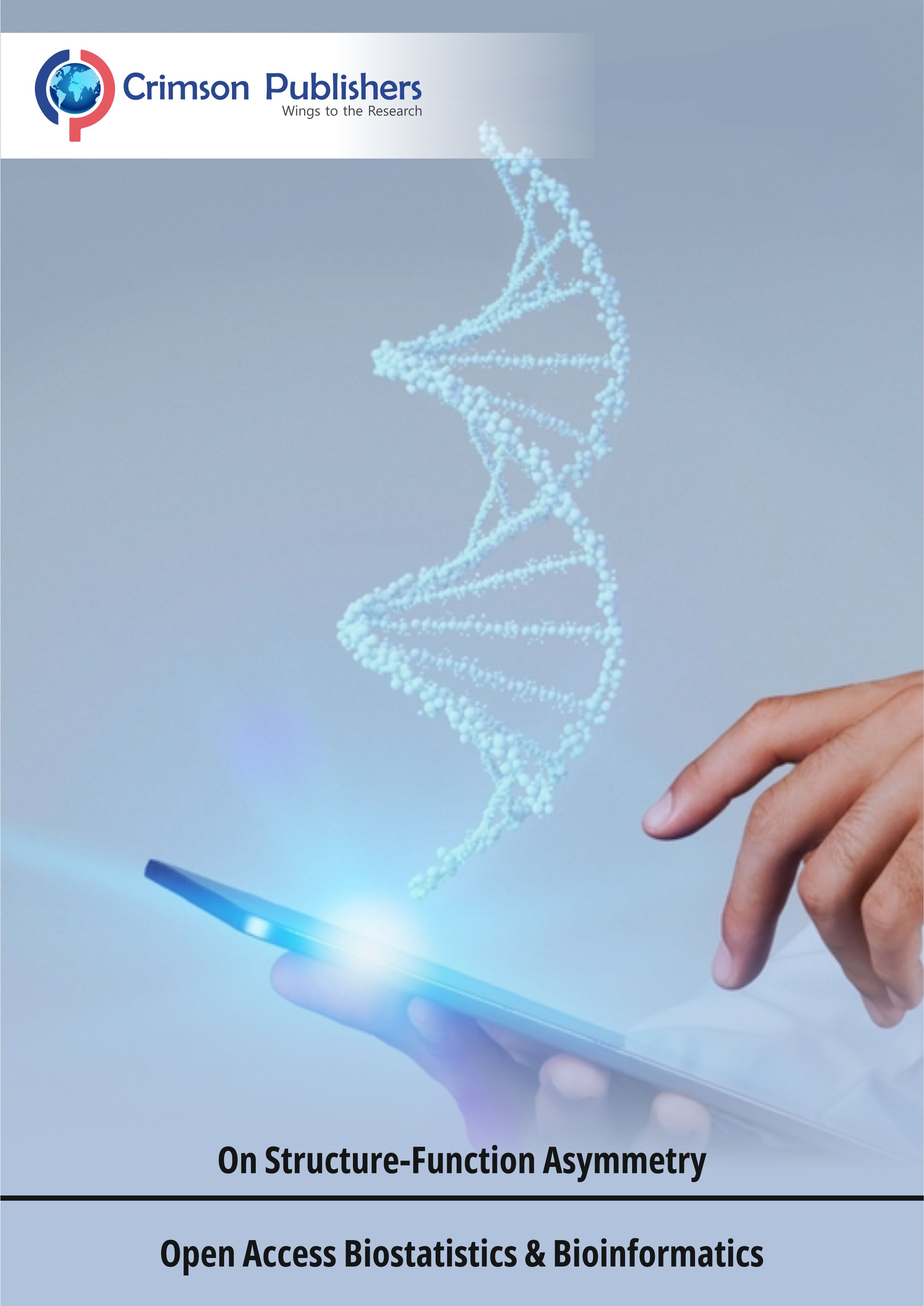


.jpg)



.jpg)


.jpg)

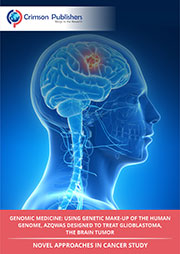
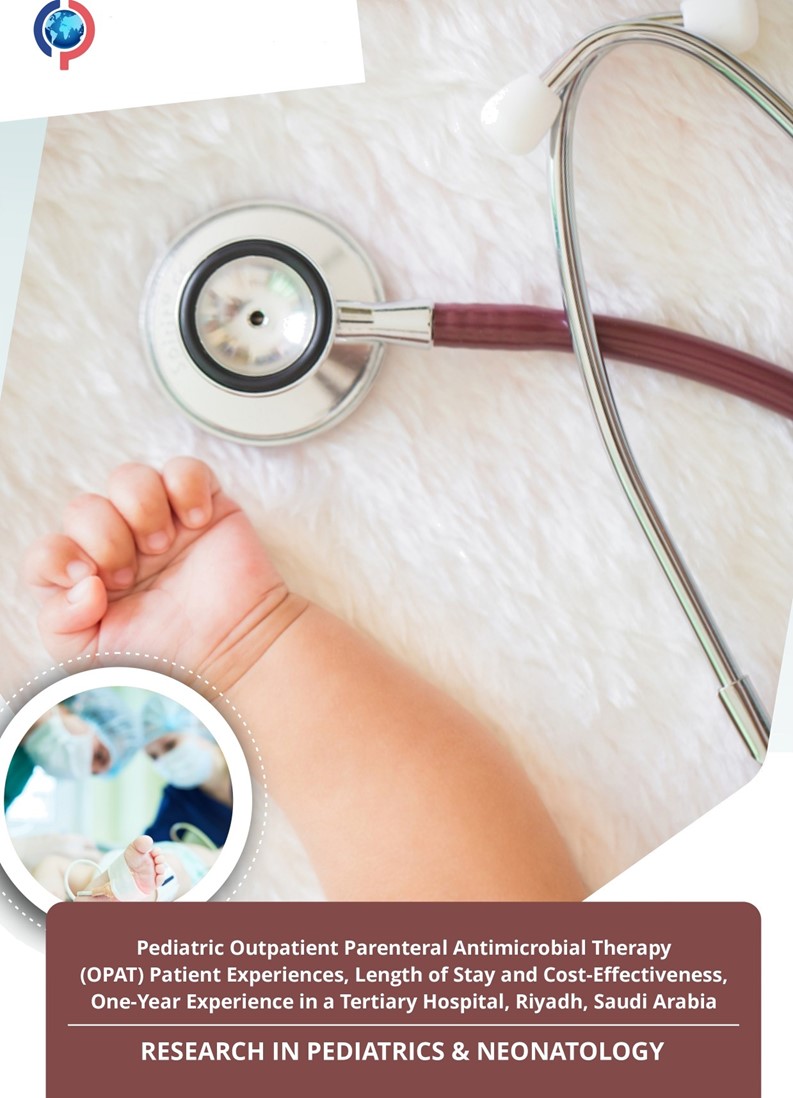

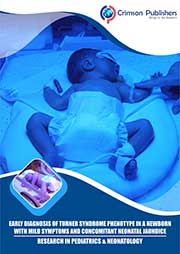
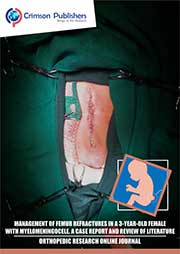
.jpg)

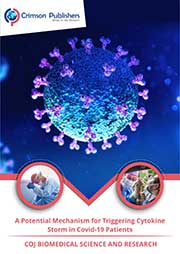
.jpg)
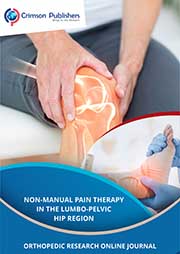

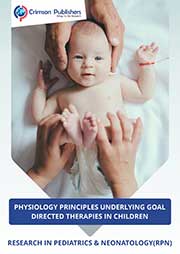
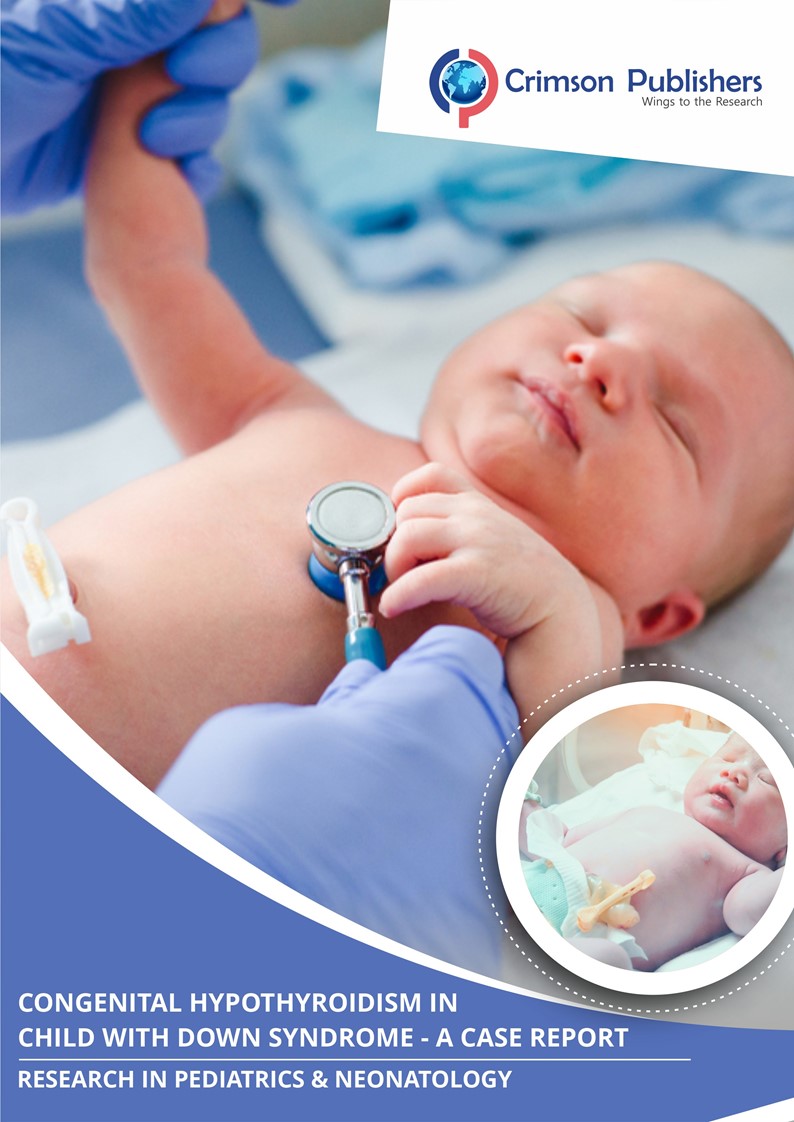
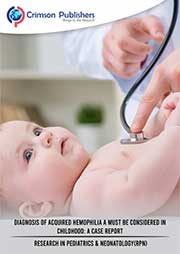






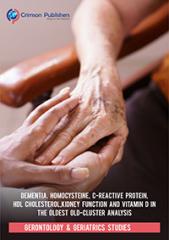
.jpg)



